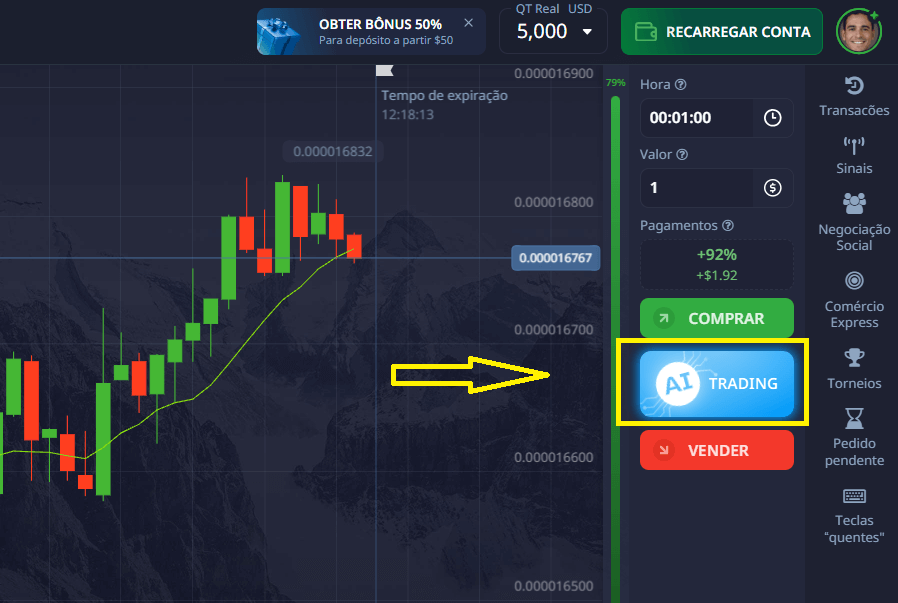
When is the Best Time to Make Important Decisions?
Timing can have a significant impact on the quality of the decisions we make. Whether it’s about starting a new job, investing in the stock market, or making personal commitments, understanding when the right time is can greatly influence outcomes. For guidance on making important financial decisions, consider reviewing indicators available at when is the best time to trade on pocket option https://pocketoption-ukraine.com/indikatori/.
The Psychology of Decision Making
Making decisions can often feel overwhelming, especially when the stakes are high. Psychology plays a vital role in understanding when the best times to make decisions are. Some researchers suggest that decision fatigue can affect our ability to make sound choices. The more decisions we need to make, the less energy and mental clarity we have for each subsequent choice. One way to combat this is by streamlining the decision-making process and being mindful of the timing of major decisions. For instance, after a good night’s sleep, individuals often find themselves better equipped to tackle important choices.
The Role of Timing
Timing is essential in many aspects of life, from personal growth to financial investments. Here are some considerations:

- Economic Conditions: When investing in the stock market, understanding market trends and economic conditions can help you decide when to buy or sell. The fluctuations of the market can be influenced by various factors, including news events and economic reports.
- Personal Circumstances: Your personal life stages play a significant role in decision-making. For example, it may not be the best time to take a risk in your career when you’re starting a family or dealing with other significant life changes.
- Energy Levels: Our energy levels fluctuate throughout the day. Many people find that they are most decisive when they are well-rested and nourished. Recognizing your peak hours can help you schedule your most critical decisions accordingly.
- External Influences: Surrounding factors, including the opinions of trusted friends, family, or mentors, can also influence your timing. Sometimes, waiting for external events (such as a promotion or a specific market condition) can lead to better decision outcomes.
Best Times for Specific Decisions
Here are some examples of specific decisions and the best times to make them:
Career Changes
Changing careers can feel daunting. It’s advisable to make this decision there are no significant stressors in your personal life. If you’ve just gone through a major life change, consider waiting until you feel stable and can make clear-headed decisions.
Investments
The best time to invest often depends on market conditions. Experienced investors frequently recommend watching for significant market corrections or downturns, which can provide buying opportunities. Additionally, it’s essential to make investment decisions when you’re knowledgeable and informed about the options available.

Personal Commitments
Regarding relationships and personal commitments, timing aligns significantly with emotional readiness. It’s essential to engage in discussions around commitment when both parties feel secure and ready, rather than during tumultuous periods.
Tips for Effective Decision Making
Here are a few tips for making decisions at the right time:
- Set a Deadline: Setting timelines for your decisions can help mitigate procrastination and decision fatigue.
- Seek Guidance: Consultation with mentors or trusted peers can provide perspective, particularly regarding pressing or weighty decisions.
- Reflect: Take time to reflect on past decisions. Understanding what worked well and what didn’t can inform future choices.
- Stay Informed: Keeping abreast of relevant information in your areas of interest helps you make knowledgeable and timely decisions.
Final Thoughts
Overall, while there may not be a “one-size-fits-all” answer to the best time for making decisions, being aware of the timing in relation to your personal circumstances, external conditions, and mental state can greatly improve your decision-making outcomes. Evaluate and learn from your own experiences, and you will cultivate a keen understanding of when to act and when to wait.




